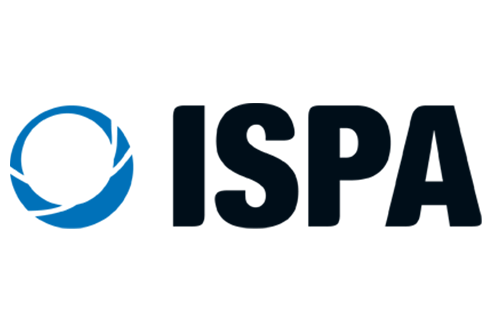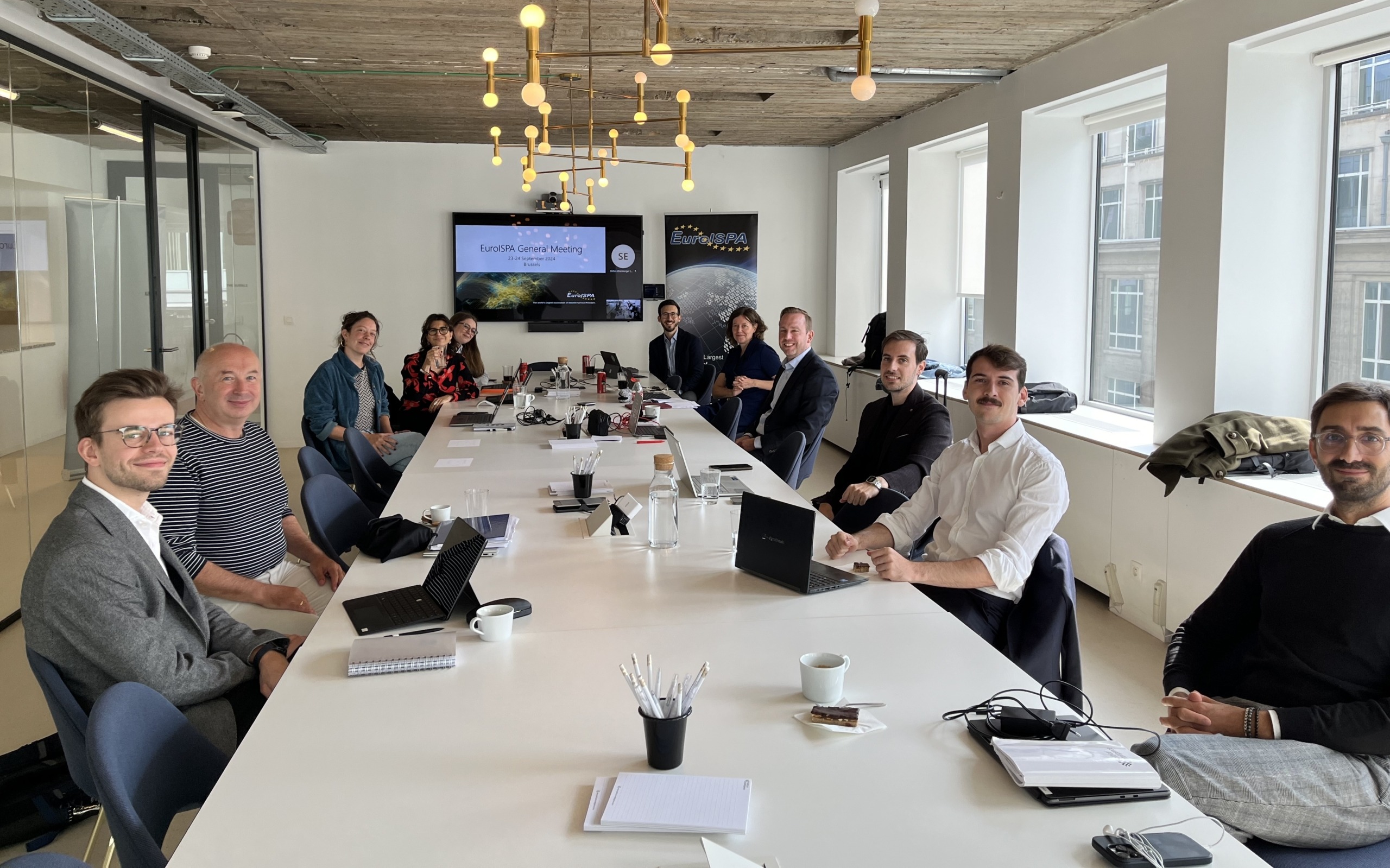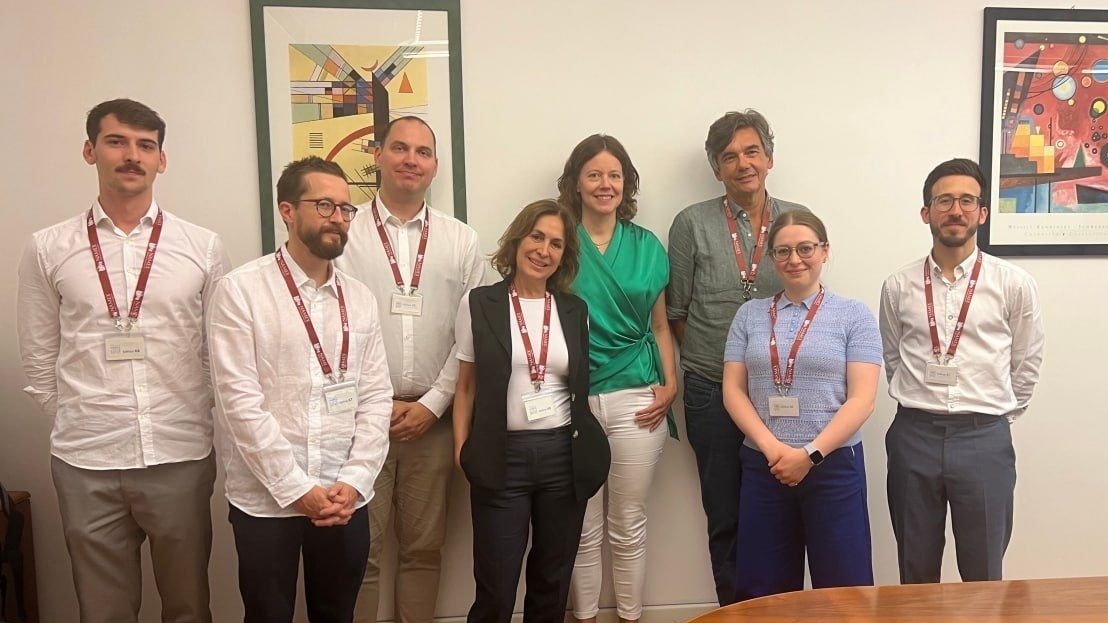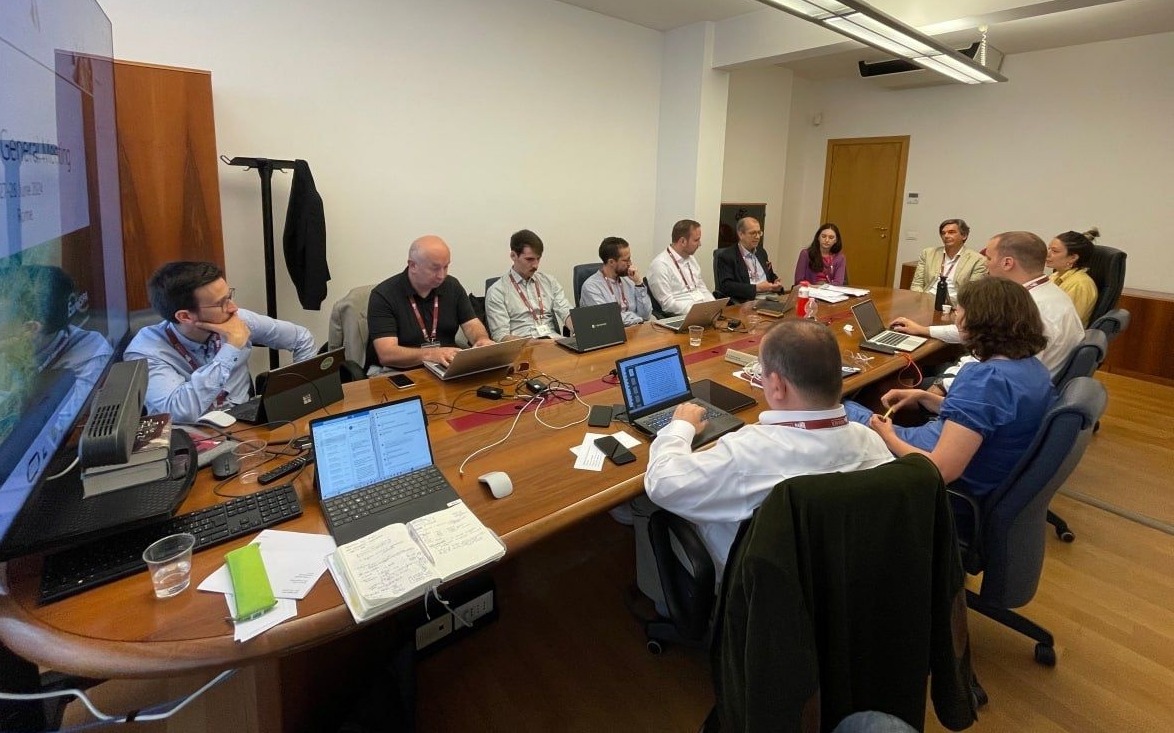EuroISPA reacts to the 42 Recommendations of the High-Level Group on Access to Data for Effective Law Enforcement
EuroISPA welcomes the work and efforts of the European Commission’s High-Level Group (HLG) on access to data for effective law enforcement on promoting a high level of security and an effective approach to fighting
crime and other challenges through the proposed 42 Recommendations.
Earlier this year, the European Commission’s High-Level Group (HLG) on access to data for effective law enforcement out forward 42 recommendations for the further development of EU policies and legislation to enhance and improve access to data for effective law enforcement.
In anticipation of the upcoming discussions of the HLG at the end of the year, EuroISPA would like to take this opportunity to react and give constructive feedback to the recommendations, highlighting some elements that require a careful approach besides further thinking.
EuroISPA welcomes the work and efforts of the Group in promoting a high level of security and an effective approach to fighting crime and other challenges through the proposed 42 Recommendations.
However, EuroISPA is concerned with some proposed recommendations that could weaken encryption, which is a fundamental tool to protect European citizens’ fundamental right to privacy.
Moreover, we underline the need to carefully assess any further measures that can put more burden on European actors, especially the smallest ones.
Finally, any additional measures should take into account the complex value chain that characterises the different ECSs (Electronic Communications Services); any unclear measure might lead to loopholes, further uncertainty when conducting business, as well as threats to the security and the integrity of networks.










